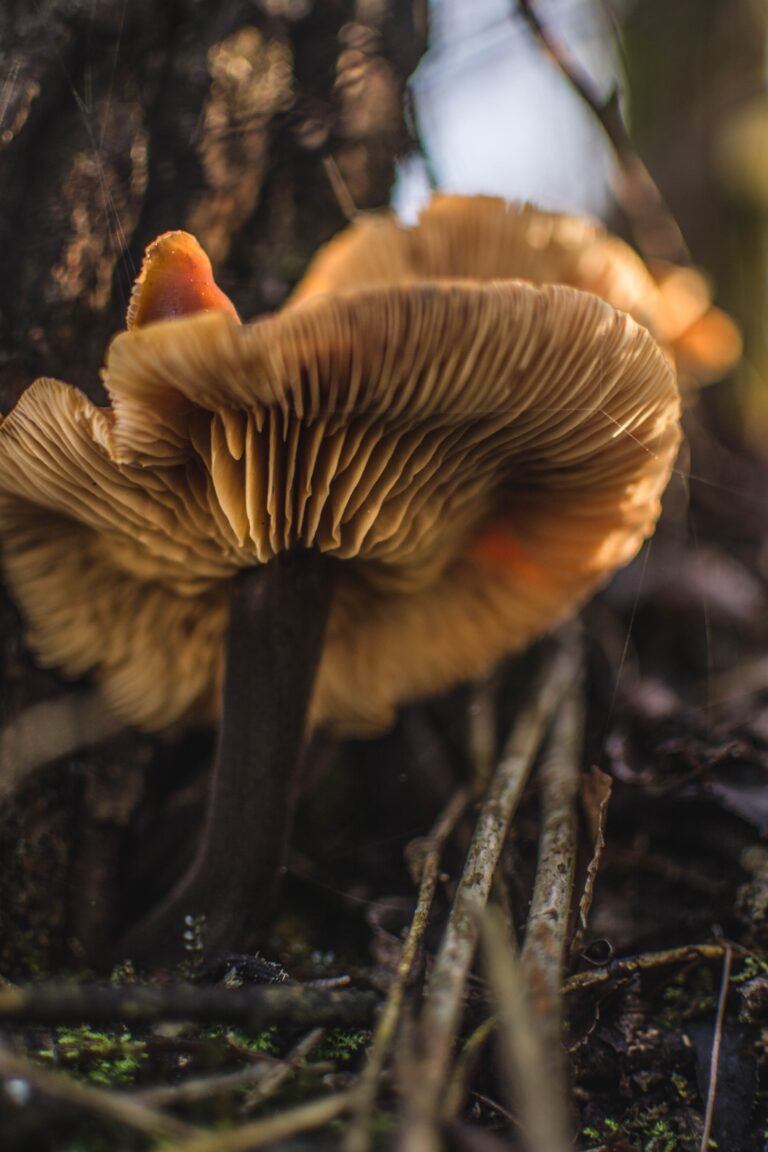Is Psilocybin Legal in Costa Rica?
In Costa Rica, psilocybin, a naturally occurring psychedelic compound found in certain mushrooms, is not explicitly illegal. However, the legality of its use, cultivation, and distribution remains in a gray area. While it is not listed as a controlled substance under Costa Rican law, the possession and sale of psilocybin mushrooms could potentially lead to prosecution under general drug laws.
What Are the Common Terms Used for Psilocybin Mushrooms in Costa Rica?
Psilocybin mushrooms are commonly known by several different names in Costa Rica. Some of the most widely used terms include:
- Teonanácatl: A Nahuatl term meaning god mushroom or flesh of the gods
- Hongos mágicos: Spanish for magic mushrooms
- Champiñones mágicos: Another Spanish term for magic mushrooms
- Psilocybes: A reference to the genus of mushrooms that contain psilocybin
Is It Legal to Grow Psilocybin Mushrooms in Costa Rica?
As with the use and possession of psilocybin mushrooms, the cultivation of these fungi is not explicitly prohibited under Costa Rican law. However, it is important to note that cultivating psilocybin mushrooms with the intent to sell or distribute them could result in legal consequences. Those who choose to grow psilocybin mushrooms in Costa Rica should exercise caution and be aware of the potential risks involved.
What Are the Laws, Penalties, and Law Enforcement Practices Regarding Psilocybin in Costa Rica?
While psilocybin is not specifically listed as a controlled substance in Costa Rica, its use, possession, and distribution may still be subject to prosecution under general drug laws. The Costa Rican legal system classifies drugs into three categories:
| Category | Examples | Penalties |
|---|---|---|
| High risk | Heroin, cocaine | Severe penalties, including imprisonment |
| Medium risk | Amphetamines, barbiturates | Less severe penalties, but still may include imprisonment |
| Low risk | Marijuana, tranquilizers | Relatively minor penalties, often involving fines or rehabilitation |
Psilocybin mushrooms do not fit neatly into any of these categories, which can make it difficult to predict how law enforcement and the courts will handle cases involving their use, possession, or distribution. However, it is worth noting that Costa Rica has adopted a relatively tolerant approach to drug policy in recent years, with a focus on prevention, education, and rehabilitation rather than punitive measures.
How Do Government Laws and Links Relate to Psilocybin in Costa Rica?
As mentioned earlier, the Costa Rican government has not explicitly criminalized psilocybin, and its drug policies have shifted towards a more tolerant and public health-oriented approach. This has led to a growing interest in the potential therapeutic benefits of psychedelic substances, including psilocybin. In 2018, the country hosted the World Psychedelic Congress, which brought together experts and researchers from around the world to discuss the potential uses of psychedelics in medicine and mental health treatment.
While the legal status of psilocybin in Costa Rica remains unclear, it is evident that there is a growing interest in exploring its potential benefits. Those who choose to use, possess, or cultivate psilocybin mushrooms in Costa Rica should exercise caution and be aware of the potential legal risks involved.
